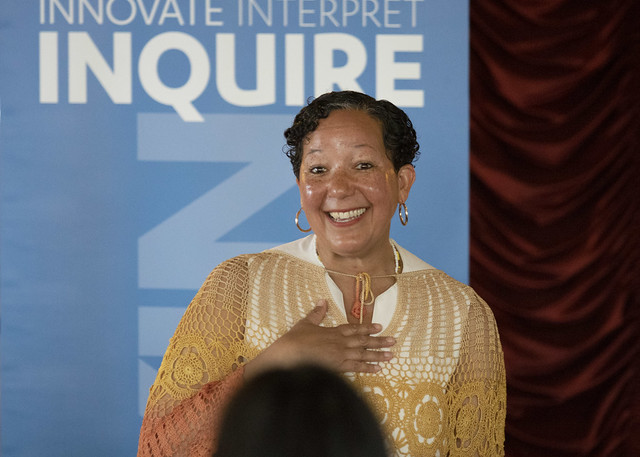Mukhija on New Backyard Homes Project
Professor of Urban Planning Vinit Mukhija spoke to the Los Angeles Times about the launch of the Backyard Homes Project, a new initiative that aims to address the affordable housing crisis in Los Angeles. Accessory dwelling units, or ADUs, are becoming more popular since state regulations have eased. The Backyard Homes Project, led by the nonprofit LA Más, aims to provide homeowners with affordable design and construction of ADUs if they agree to rent the units to Section 8 voucher holders for at least five years. The goal of the program is to confront high housing prices by making ADU rentals affordable and helping low- and moderate-income homeowners become landlords. “We are nowhere near running out of space for housing in most American cities, including L.A.,” said Mukhija, who also serves as a board member at LA Más. He welcomed the incubation of new ideas in a city that’s long been known for advances in residential design.

